Shining the Spotlight on AAPI Heritage Month
May is Asian American and Pacific Islander Heritage (AAPI) Month, a time for recognizing and honoring the contributions and influence of Asian Americans and Pacific Islander Americans to the history, culture, and achievements of the United States. At Contra Costa Musical Theatre (CCMT), we are passionate about elevating the voices and stories from our community, which is why we are very proud to celebrate AAPI Month by putting the spotlight on one of our organization’s beloved entertainers and Vice President of our Board of Directors, Marty Newton.
Marty has been a member of the theatre community for over 30 years having worked on stage and behind the scenes. And, have you really had a true CCMT experience if you haven’t experienced “The Marty Awards?”
We asked Marty to share his thoughts about what AAPI Month means to him and how his culture has played a part in his theatrical experience. His response was inspirational, so please read on:
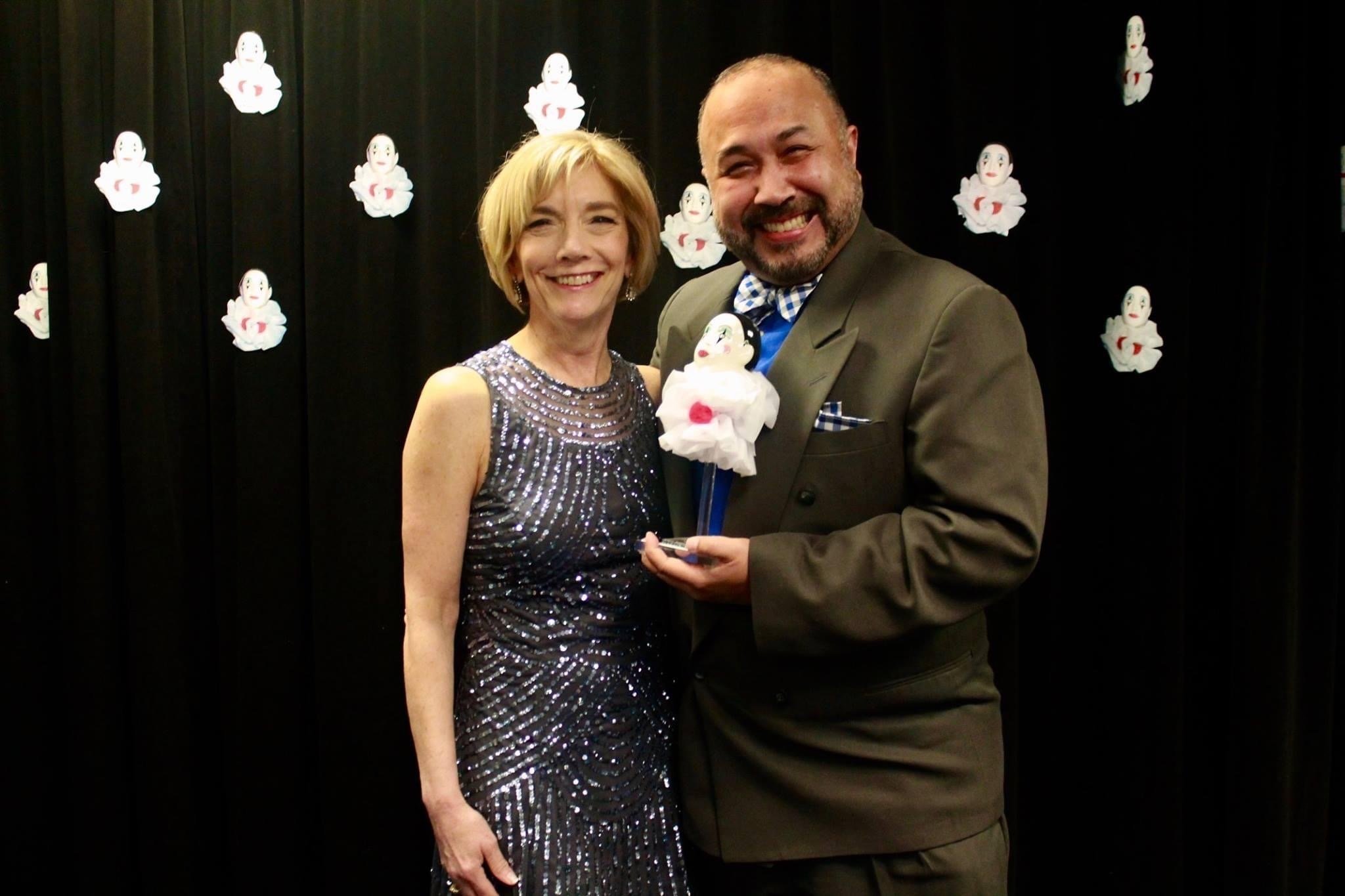
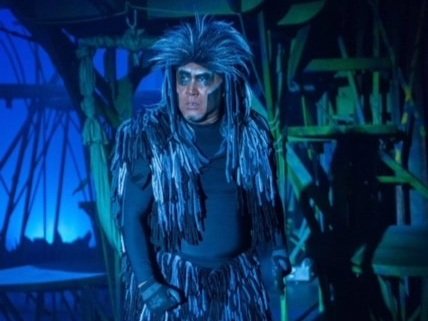
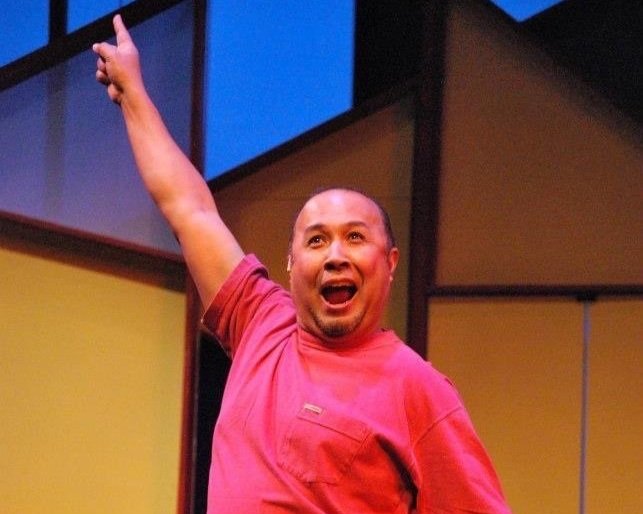
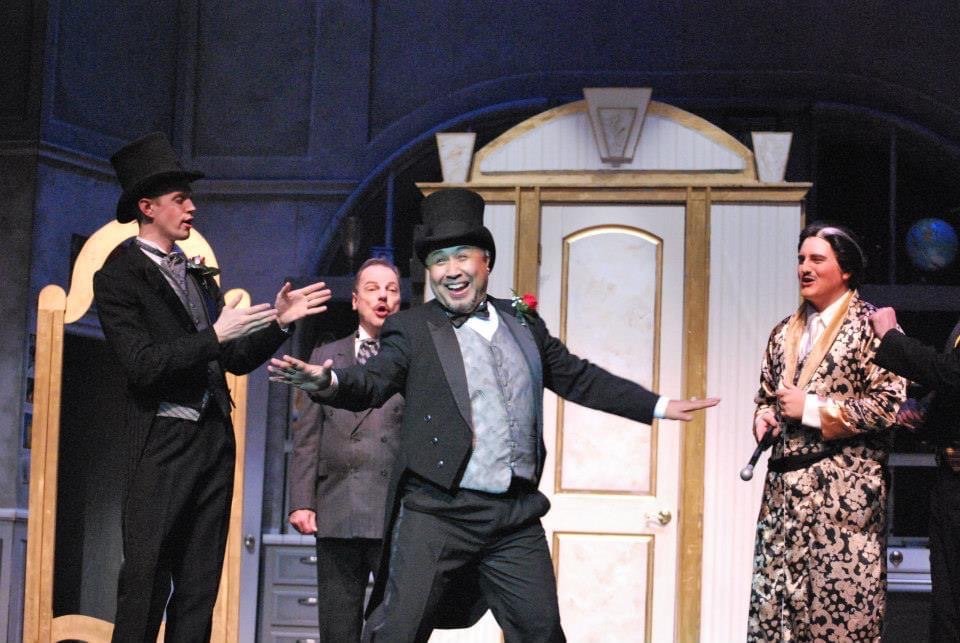
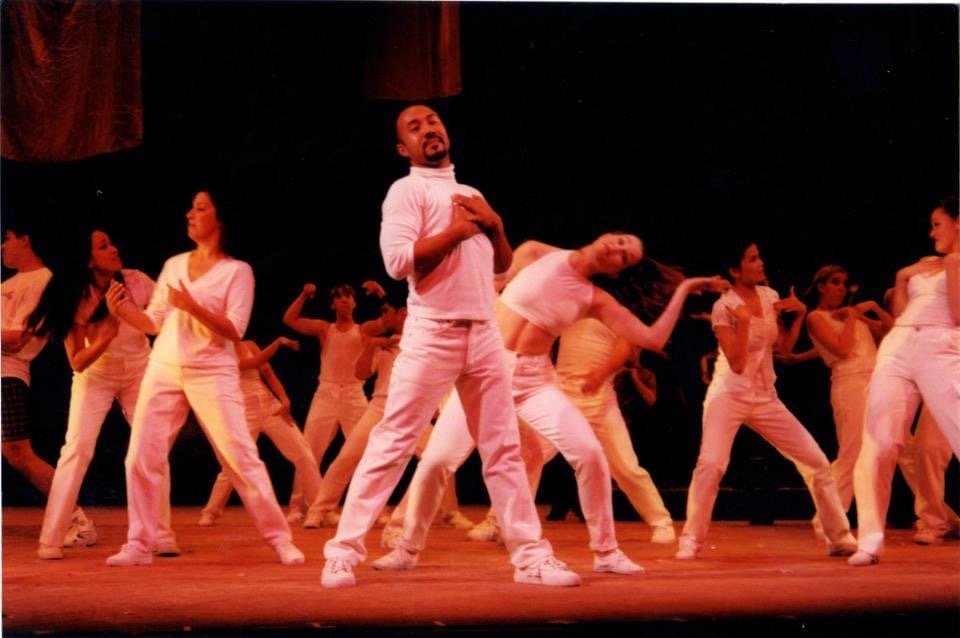
From Marty:
Pride is the word I think of when asked about my culture and heritage as an AAPI person. And, I’m even more proud to be an AAPI actor! I was born in the Philippines and raised, partly in Hawaii and in Alameda, CA. As a Filipino-American actor, I know what it feels like to strive to play certain parts and to be turned away because the director had a "different vision" or wanted to go in a "different direction." It can be really frustrating. "Back in the day" certain lead characters were played by persons of that particular race, seemingly with no exception. AND, in worse cases, Caucasian actors were still cast to play Asian actors even if you had talented Asian actors available. It still happens today but I see it mostly in movies. If you were Asian-American in theater, you could hope to play in the ensemble or would have to wait until someone did "Flower Drum Song" or "The King and I" to play a lead or even just to be seen.
That was decades ago, and I recognize things are changing and have been changing for the better. Actors like Lea Salonga, have broken the race barrier by playing characters like Eponine in “Les Miserable,” a character that is French, and white. Or Marc de la Cruz who debuted as the first Asian-American “Hamilton” on Broadway, or Ali Ewoldt, who was the first Asian-American Christine in Phantom of the Opera. These individuals are pioneers in an industry that has overlooked talent for name recognition and continue to lead the way for non-traditional casting.
I've been lucky to have played all types of roles including lead roles in our theater community. I've had featured roles and leads in “Guys and Dolls,” “Billy Elliot,” “The Drowsy Chaperone” and my favorite role, Dave Bukatinsky in “The Full Monty” -- roles that are traditionally played by Caucasian males. I'd like to think that it was my talent that got me those roles and gave me my first Shellie Award for “The Full Monty.” None of this happened over night. I've had my time in the ensemble waving my arms in the background, but in time with training and confidence, I landed these coveted, non-traditional roles. My story isn't everyone's story, but it can be. I would recommend investing in training in dance, in voice as well as in acting to help prepare you for auditions and for these roles. I am thrilled to see others within our community like Melinda Meeng and D.C. Scarpelli play lead roles beautifully and authentically and I can't wait to see the next generation of young Asian-American actors take up the mantle.
This is a month to celebrate not only being Asian-American, but also an Asian-American actor. It is important to be seen, and we are doing that by our representation and as more opportunities open up there will be room enough for all of us to play those coveted roles that were once closed to us.
